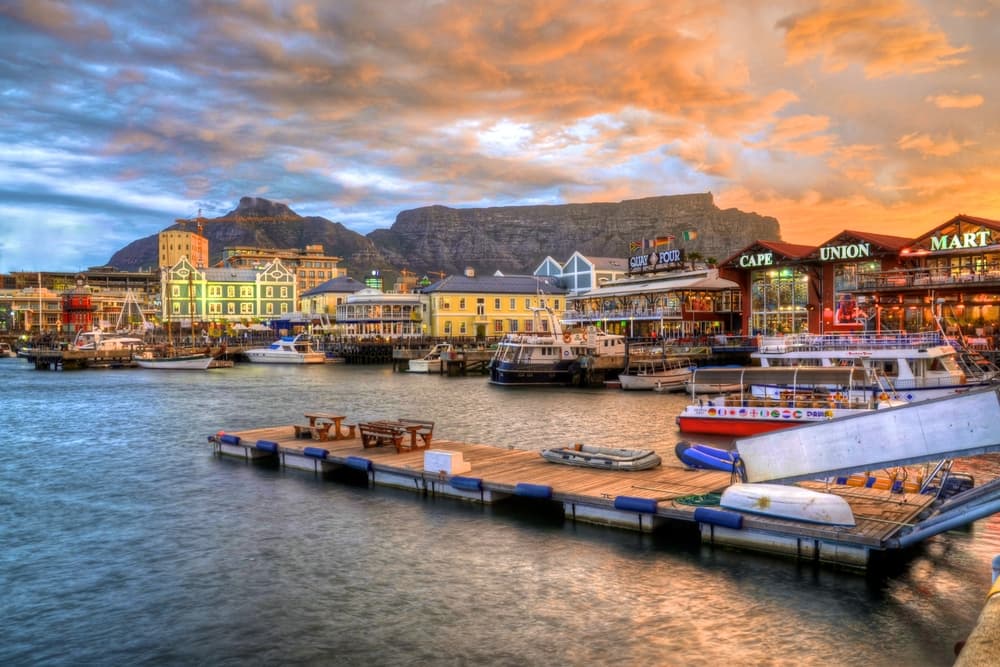Monsoon season in India transforms the landscape into a lush green paradise, but it also presents unique challenges, especially for elderly travelers planning a road trip. Here are essential tips and considerations to ensure a safe and enjoyable journey during the monsoon season in India.
Also Read: The Best Experiences For Elderly Travellers On Their Bangkok Tour
Weather Awareness: Timing And Regions
Monsoons in India typically span from June to September, varying in intensity across different regions. Before embarking on a road trip, elderly travellers should research local weather forecasts and monsoon patterns specific to their destination. Coastal regions like Kerala and Goa experience heavy rainfall early in the season, while northern states like Himachal Pradesh and Uttarakhand may see rain continuing into late August or September.
Road Conditions: Preparing For Challenges
Monsoon rains can significantly impact road conditions, causing potholes, landslides, and slippery surfaces. Elderly travellers should opt for well-maintained highways and avoid remote routes prone to flooding or landslides. It’s advisable to check road conditions through official apps or websites and consider alternative routes if necessary. Carrying a paper map or having offline maps on a mobile device can be beneficial in areas with poor network coverage.
Vehicle Preparation: Safety First
Before setting out, ensure the vehicle is in optimal condition for rainy weather. Check tyres for tread wear and adequate inflation, test brakes, and ensure all lights are functional. Consider installing mud flaps to minimise spray from wet roads. Carry essential supplies such as a spare tyre, jack, jumper cables, and a first aid kit. Elderly travelers may benefit from vehicles with comfortable seating and sufficient legroom for extended journeys.
Health Precautions: Staying Hydrated And Protected
Elderly travellers should prioritise their health during monsoon road trips. Rainy weather can lead to increased humidity and dehydration. Carry sufficient water and hydrating fluids, especially when venturing into humid regions. Pack medications in waterproof containers and consult a healthcare provider before travel, especially if there are concerns about existing health conditions exacerbated by humidity or changes in climate.
Clothing And Footwear: Dressing Appropriately
Pack lightweight, quick-drying clothing suitable for humid conditions. Opt for breathable fabrics that provide comfort and protection from rain. Waterproof footwear with good traction is essential for navigating wet and slippery surfaces. Carry an umbrella or raincoat for sudden downpours, ensuring elderly travellers stay dry and comfortable while exploring.
Accommodation Planning: Booking In Advance
During monsoon season, popular tourist destinations may experience higher demand for accommodations due to local and international travellers seeking shelter from the rain. Elderly travellers should book accommodations in advance, prioritising establishments with amenities such as non-slip floors, accessible entrances, and nearby medical facilities. Consider staying in well-reviewed hotels or guesthouses that prioritise safety and comfort during adverse weather conditions.
Also Read: Best Places In Malaysia For Elderly Travellers
Local Culture And Customs: Respecting Traditions
India’s diverse cultural landscape includes unique traditions and customs that may be observed differently during monsoon season. Respect local customs regarding dress, behaviour, and interactions with residents. Be mindful of religious festivals or events that may impact travel schedules or access to certain areas. Elderly travelers can enhance their experience by learning about local customs beforehand and engaging respectfully with local communities.
Emergency Preparedness: Carrying Essentials
Pack an emergency kit containing essential items such as a flashlight, batteries, snacks, and a mobile phone with emergency contacts saved. Carry copies of important documents such as passports, visas, and medical prescriptions in waterproof pouches. Familiarise yourself with emergency services contact numbers specific to the regions you plan to visit.




